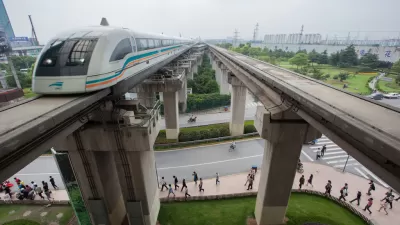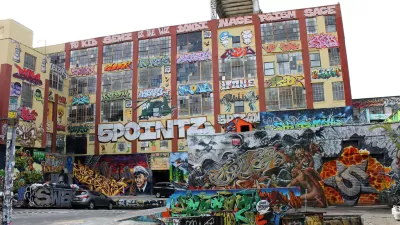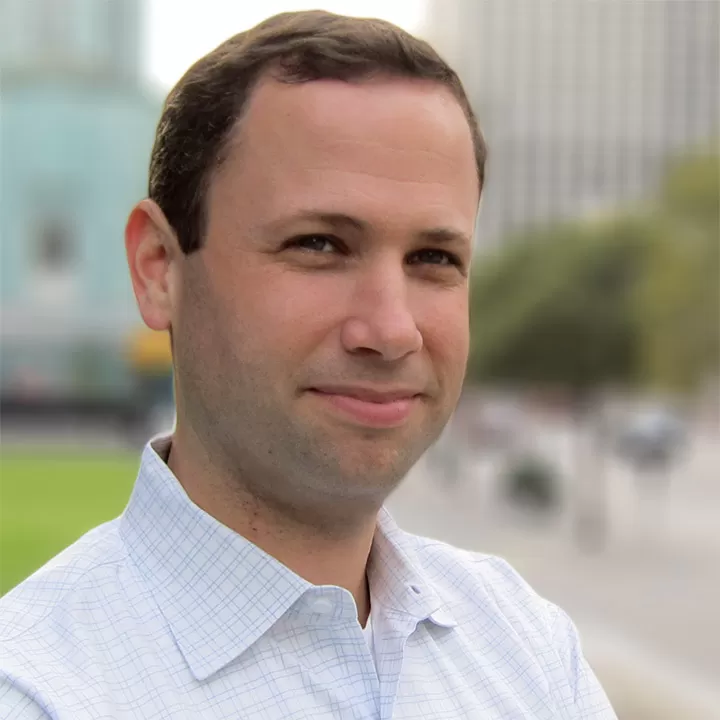Jonathan Nettler has lived and practiced in Boston, Washington D.C., San Francisco, New York, and Los Angeles on a range of project types for major public, institutional, and private developer clients including: large scale planning and urban design, waterfront and brownfield redevelopment, transit-oriented development, urban infill, campus planning, historic preservation, zoning, and design guidelines.
Jonathan is a member of the American Institute of Certified Planners (AICP) and serves on the Board of Directors for the Los Angeles section of the American Planning Association (APA) as the Vice Director for Professional Development. He is also active in local volunteer organizations. Jonathan's interests include public participation in the planning and design process, the intersection between transportation, public health and land use, and the ways in which new ideas and best practices get developed, discussed, and dispersed.
Jonathan previously served as Managing Editor of Planetizen and Project Manager/Project Planner for Ehrenkrantz Eckstut & Kuhn (EE&K) Architects. He received a Master of Arts degree in Architecture from the University of California, Los Angeles and a Bachelor of Arts degree in History from Boston University.

Surveying the World's Fastest Trains, and a Possible New Entry to the List
The Telegraph compiles a list of the fastest train trips in the world, from the 90 minute journey from Brussels to Paris at 186 miles per hour to Shanghai's 268 mile per hour maglev train. A new service is poised to join them.
NYC Building Code Gets Sandy-Inspired Rewrite
Last week, Mayor Bloomberg proposed sweeping changes to New York City's building code to better prepare the city's built environment for the increasing threats of rising seas and extreme storms that Hurricane Sandy made clear.
Proposed Bus Fare Increases Roil Brazil
'Unruly' protests by residents opposed to planned hikes in the cost of bus fares have shaken Sao Paulo and Rio de Janeiro in the past week. The country has a history of transit fare protests going back 130 years.
TOD Works in Reducing Driving, Even Without the Transit
Across America, TOD is seen as the solution for many of the problems that plague cities. But what if you could get the economic, environmental, and health benefits of transit-oriented development without the billions of dollars in rail investment?

Are Cities Killing Their Creative Edge in the Quest for More Revenue?
As the world's centers of business and politics compete to create ever more lucrative commercial and residential zones, creative spaces are being razed and redeveloped. Is the ability to nurture creativity and diversity being lost in the process?

























